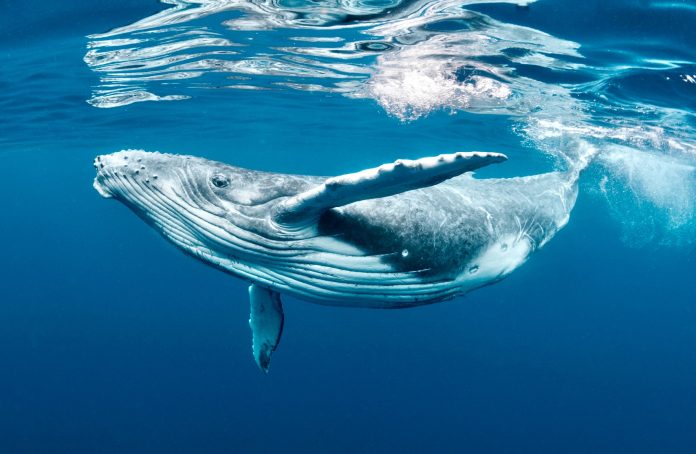
Plans To Protect Pacific Humpback Whales From Deadly Entanglements Finally Put In Place Following Major Court Win
You can help all animals and our planet by choosing compassion on your plate and in your glass. #GoVeg
RELATED ARTICLES
Amazon Faces Growing Backlash Over Selling Cruel Donkey-Hide Gelatin Products
Animal welfare advocates representing millions of people around the world gathered at Amazon HQ2 to hand-deliver over 370,000 petition signatures demanding that Amazon ban...
Man Charged With A Felony For Leaving His Dog Tied To A Fence During Hurricane Milton
A 23-year-old man has been charged with aggravated animal cruelty, a third-degree felony, after footage of his abandoned dog went viral just before Hurricane...
Colorado Officials Call Off Search For Wolf Pup Left Behind After Copper Creek Pack Was Captured
A picture of the suspected fifth wolf pup of the Copper Creek pack. Photo by: Colorado Parks and Wildlife
Conservationists and wildlife advocates are outraged...
Popular stories
News
World Animal Protection Reveals The Harsh Impact On Our Planet From The Factory Farming Of Pigs & Chickens For Their Meat
A new research report commissioned by World Animal Protection, titled, Climate Change and Cruelty, has revealed the true impact of factory farming on our planet,...
News
Breaking! Nairobi National Park In Kenya Receives Title To 2,000 Acres Of Government Land Increasing Space For Endangered Species To A Total Of 49,000...
The government of Kenya has granted a title deed to Nairobi National Park for 2,000 acres of Government land that was formerly known as a Sheep...
Industry News
Breaking! California Plant Based Alliance Announces Its Launch To Protect The Rights Of Consumers & Companies In The Plant-Based Industry
As the demand for plant-based options steadily grows nationwide, the need for increased market opportunity and fair legislation has become vital for consumers and...


